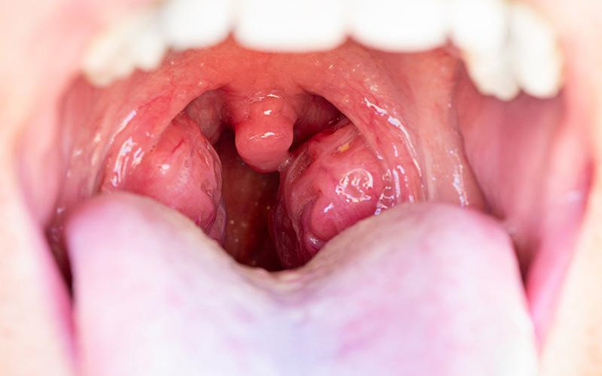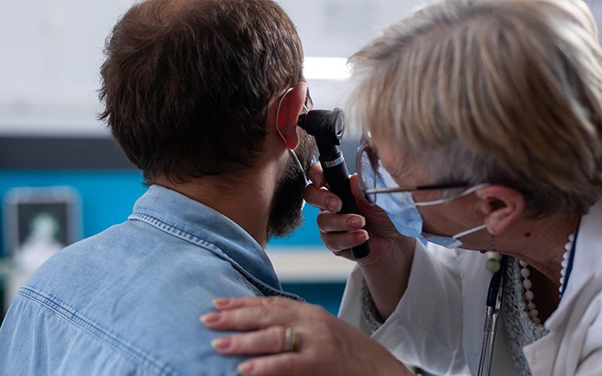Restorative Sleep & Its Importance and Ways of Improving Sleep

The quality of your long-term health is significantly influenced by the amount and quality of your sleep. Insufficient restful sleep can lead to health issues later in life, and the length of time spent in the restful or restorative sleep cycle is a primary indicator of sleep quality. Even though a wide variety of electronic sleep trackers are available, outside of a specialized sleep clinic, accurately determining the duration of restful sleep can be challenging. Improved quality and quantity of sleep can be aided by practicing good sleep hygiene. Many people don’t know what is restorative sleep? Brain waves slow down with brief periodic bursts of activity during the restful sleep phase. During this phase, your blood pressure and breath rate go down. During the restful sleep phase, it’s hard to wake up, and if you do, you might feel disoriented. Adults under the age of 30 typically get 2 hours of restful sleep each night, whereas people over 65 may only get 30 minutes.
Importance of Getting Restorative Sleep –
For a variety of health processes, including energy and cell restoration, the restful sleep phase is very important. Enhanced glucose metabolism facilitates both long-term and short-term memory. During deep sleep, muscle blood flow increases, facilitating tissue and bone growth and repair. The immune system is also bolstered by sound sleep. Because restful sleep aids in the elimination of proteins that clump together and cause Alzheimer’s disease, insufficient restful sleep has been linked to dementia. Obesity, inability to concentrate, an increased risk of heart disease, stroke, diabetes, depression, and inflammation are all linked to poor quality sleep.
Tracking System –
Sleep tracking systems, such as fitness and health trackers worn on the body, can help determine how much restful sleep a person gets each night. However, based on body motion and heart rate, these systems only make educated guesses about the length of sleep stages. The only true indicator of sound sleep is brain activity, which these devices do not monitor. When you sleep reasonably well, sleep trackers are better. When sleep is disrupted, sleep tracker errors become apparent. Research has shown that rest trackers by and large work effectively giving an outline of rest conduct. It’s best to talk about your sleep problems with your doctor if you think you have one. The best way to know if you have a restful sleep cycle without going to a sleep clinic is if you wake up feeling rested.
Enhancing Restorative Sleep –
There are a few specific routines that can help you sleep more soundly. For the majority of adults, 7-9 hours of total sleep per night is sufficient. A diet low in carbohydrates has been shown to increase the amount of restful sleep. The quantity of restorative sleep can be increased through vigorous exercise like swimming, jogging, or aerobics, according to research studies. It’s best to work out at least six hours before going to bed. The best way to improve the quality of your sleep is to practice overall good sleep hygiene. There are numerous suggestions for maintaining good sleep hygiene. Here are some examples. Sleep in and rise at the same time each day. Make it cool, quiet, and dark in your bedroom. Don’t eat a large meal, exercise before bedtime, drink alcohol or caffeinated beverages, or use electronic devices.
Ways of Improving Sleep –
Every day, exercise for at least 20 minutes and spend some time outside. Quit working an hour prior to bed and make a loosening up sleep time schedule. Before going to bed, take a soothing bath or curl up with a good book. Neaps should be avoided or limited to no more than 30 minutes. Avoid napping at night. In the morning, take your medications. If you can’t sleep, you shouldn’t stay in bed. Read a book or listen to music until you feel sleepy, then get up. Good sleeping habits should be practiced on a regular basis to increase the likelihood of healthy aging, just like exercising and eating well.







